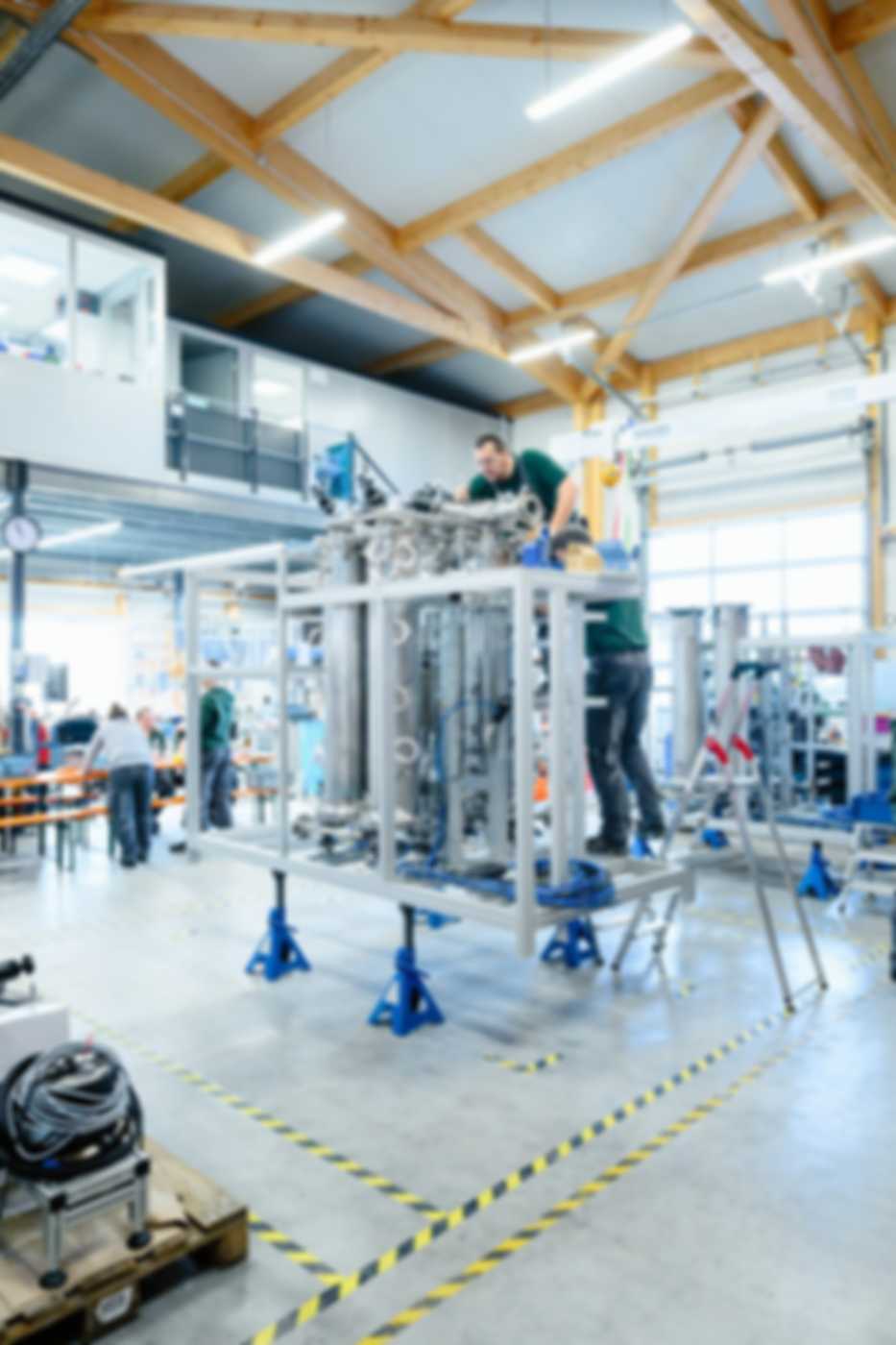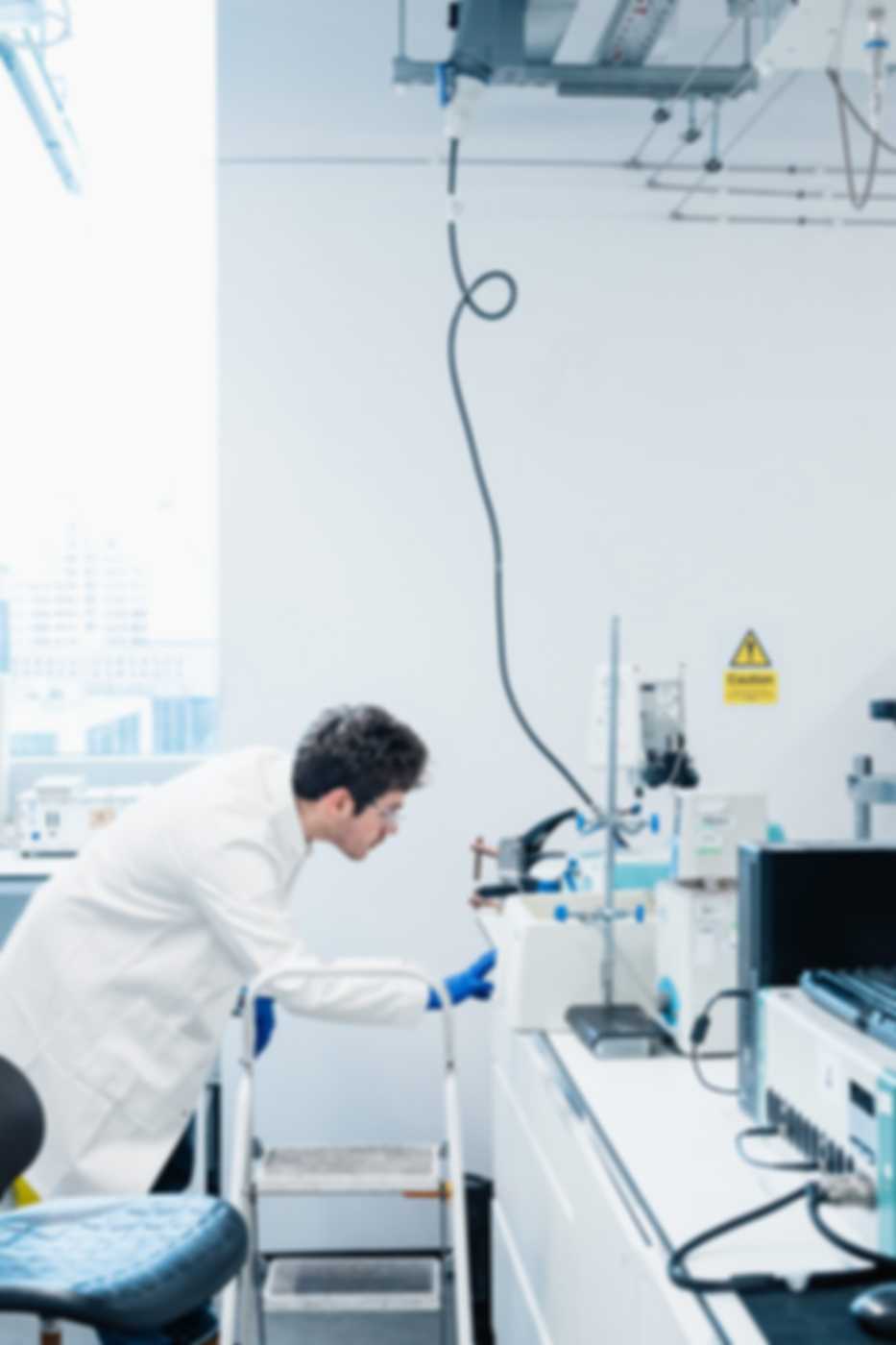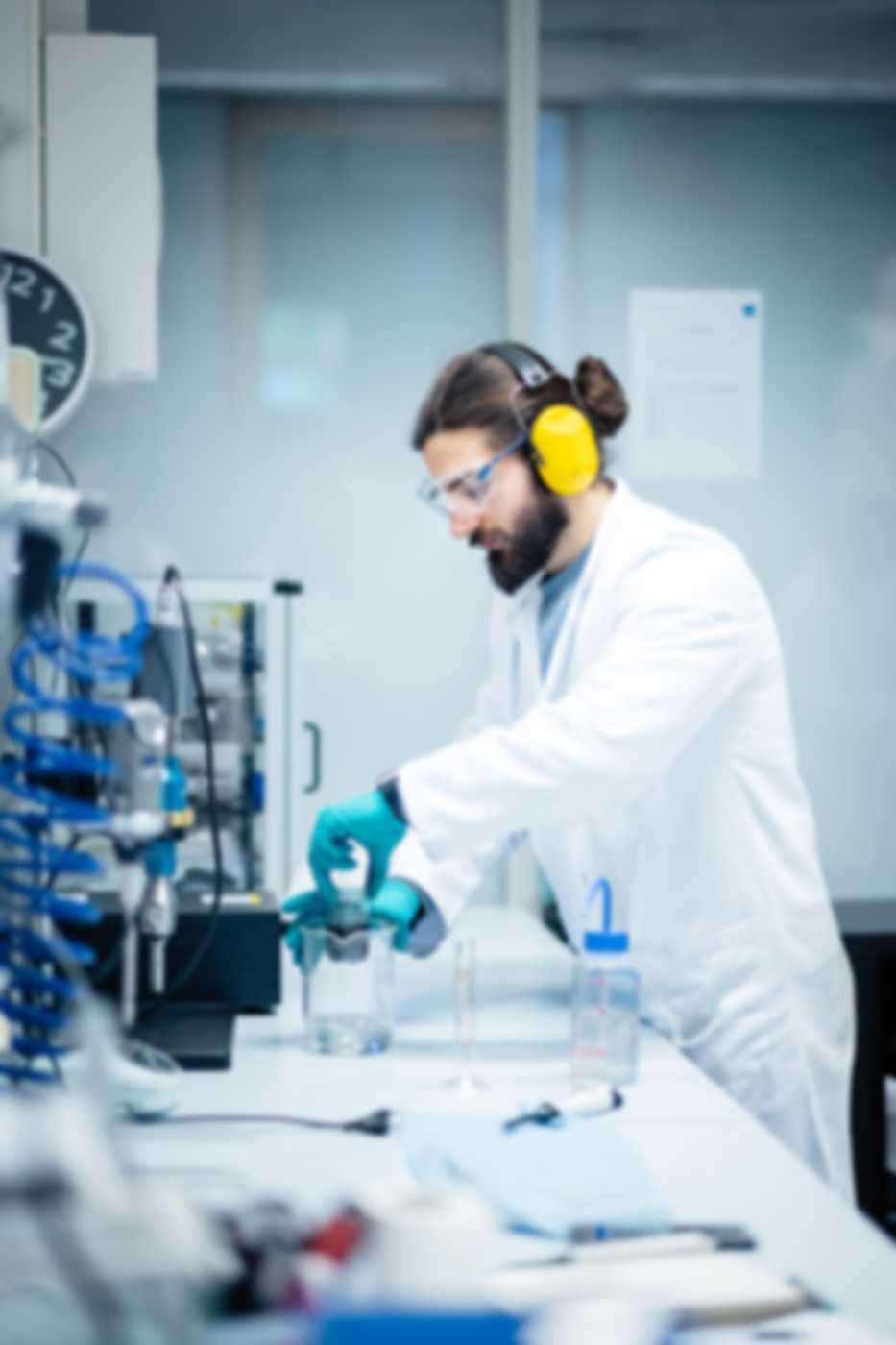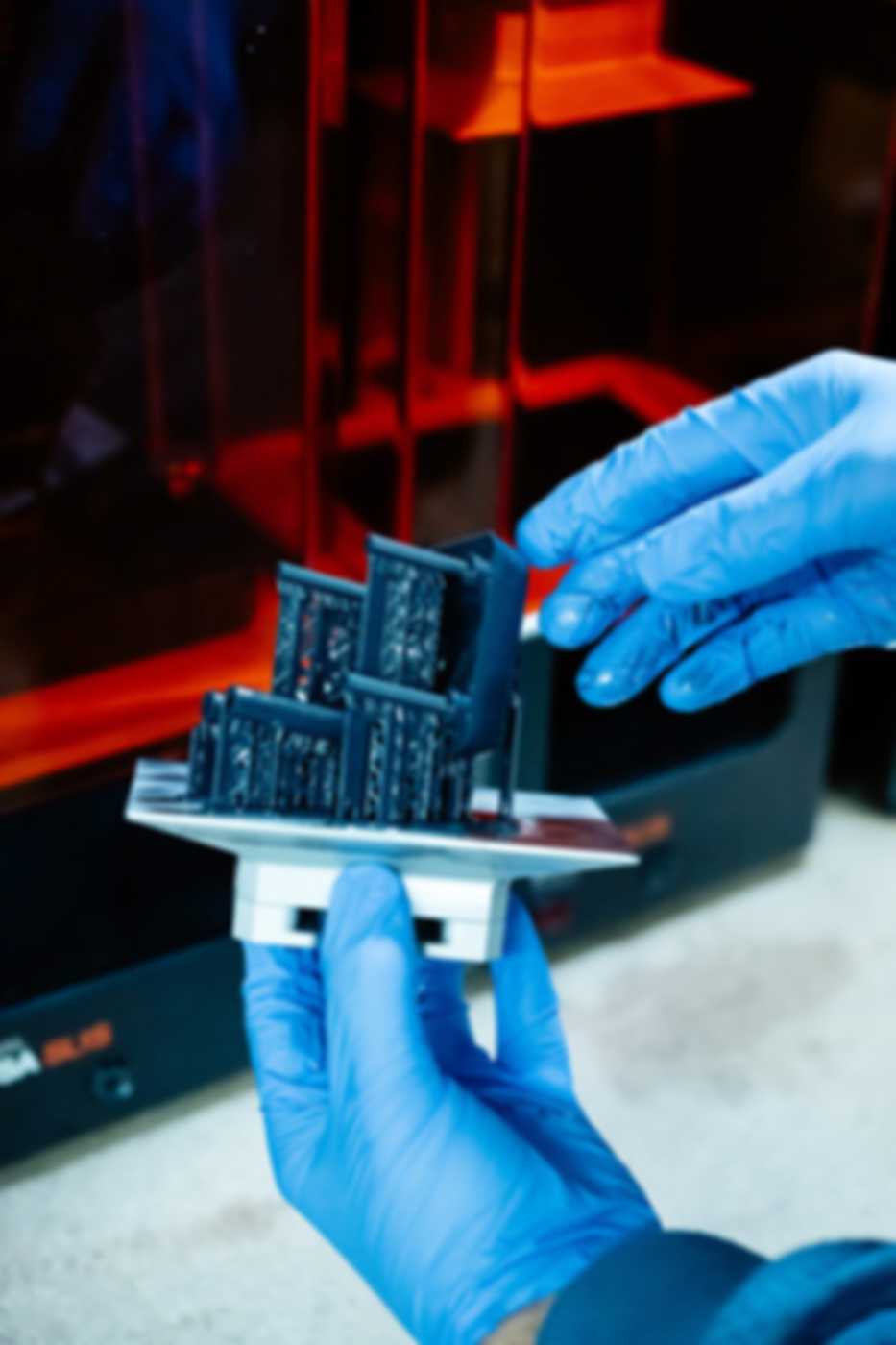Your Challenge:
Long-Duration Energy Storage

To play its part in the fight against climate change, Germany must become climate-neutral by 2045 and secure its energy supply exclusively from renewable sources. The pressure to act has also increased as a result of the Ukraine war, as gas has lost its appeal as a transitional technology and - and Germany's independence in terms of energy supply has become massively more important. In view of these new existential threats, the increasingly frequent natural disasters and extreme weather events, the share of renewable energies must rise sharply over the next two decades. At the same time, baseload nuclear and coal-fired power plants are to be completely taken off the grid by 2038 and replaced by wind and solar power.
In this context, long periods without significant solar and wind energy potential pose a particular challenge, so-called dark lulls. During these dark lulls, the output of wind and solar power is only a fraction of the usual average output, so that the energy demand cannot be met even with the help of load management and short-term storage. In Germany, several dark lulls with a length of more than 48 hours occur per year, but in individual cases they can also last for up to ten days. During these periods, long-term energy storage, i.e. energy storage with a storage duration of at least ten hours, plays an essential role in ensuring the stability of the power grid. In addition, long periods usually extend through the winter, during which energy generation will lag behind energy demand in the future.
Long-term energy storage is a central building block for energy autonomy and the achievement of climate targets, and at the same time a growing multi-billion market, which, however, can only be served inadequately with the currently market-ready technologies.
00:00
The Challenge: Store energy and efficiently provide power for more than ten hours without using critical raw materials.
The Challenge will identify breakthrough technological approaches that enable long-term, efficient, and cost-effective energy storage. Key factors are raw material and system costs, self-discharge, storage efficiency, lifetime, energy density, and technical and economic scalability of the project idea.
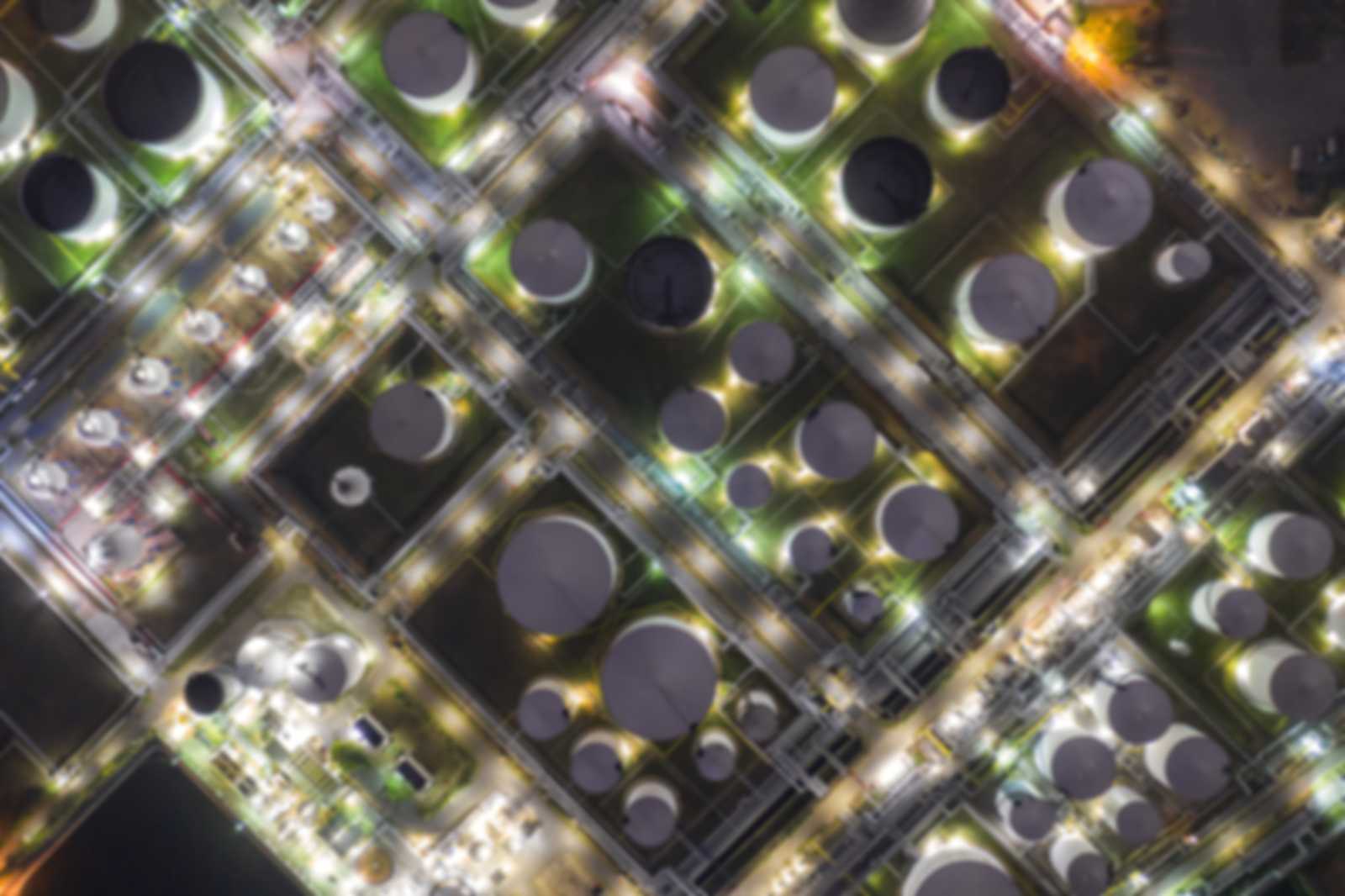
Teams participating in this Challenge are fully challenged. SPRIND therefore provides intensive and individual support. This includes funding the teams with up to €1 million in Stage 1 of the Challenge and up to €3 million in the 2nd and final Stage. In order to help the teams develop their full potential, SPRIND provides them not only with financial support but also with a coach who accompanies, advises and networks the work of each team.
To enable the teams to concentrate fully on their innovations, we provide funding quickly and unbureaucratically. The first stage started in December 2022: After one year, the jury decided on the basis of interim evaluations which teams would continue to participate in the Challenge. As finalists, these teams are given the opportunity to drive their project forward for another year and a half until the end of the challenge in May 2025 and to comprehensively demonstrate their breakthrough.
Thinking one step further: Ideas with the potential for a breakthrough innovation must be brought to market to benefit us all - promising projects in this sense can therefore continue to be supported by SPRIND after the Challenge has ended.
00:00
In June 2025, the jury met for the last time and honored all teams of the second stage as winners of the Challenge. The four finalists had all made impressive progress in the further development of their technology for long-duration energy storage. Their work now lays the foundation for a more resilient, decarbonized energy future and shows what’s possible when bold ideas receive the support they need to grow.
Science Youtuber Jacob Beautemps was on site at the Challenge Team Unbound Potential at Breaking Lab.
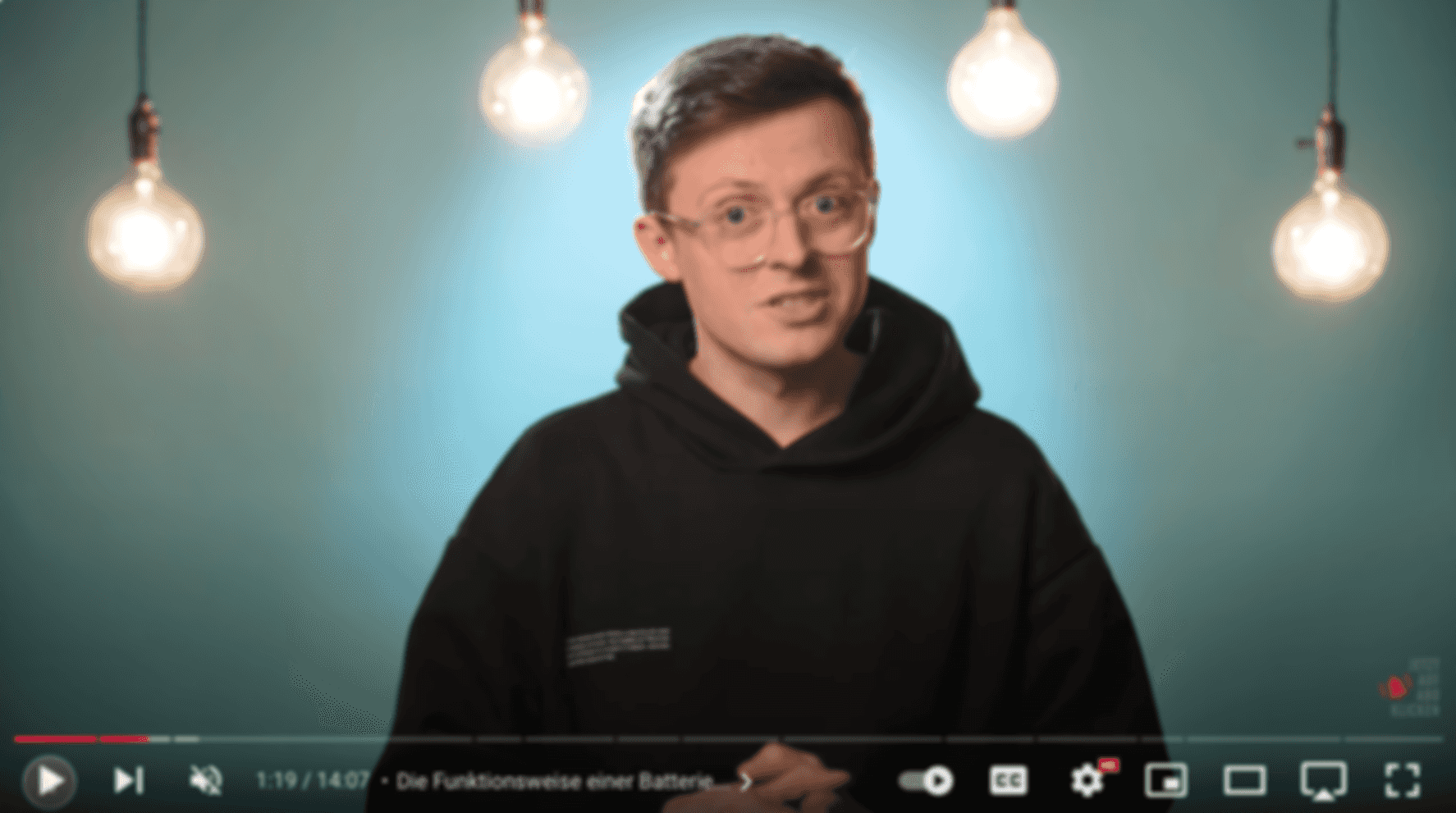
The Jury

Gitanjali DasGupta

Sebastian Scholz

Anna Grevé
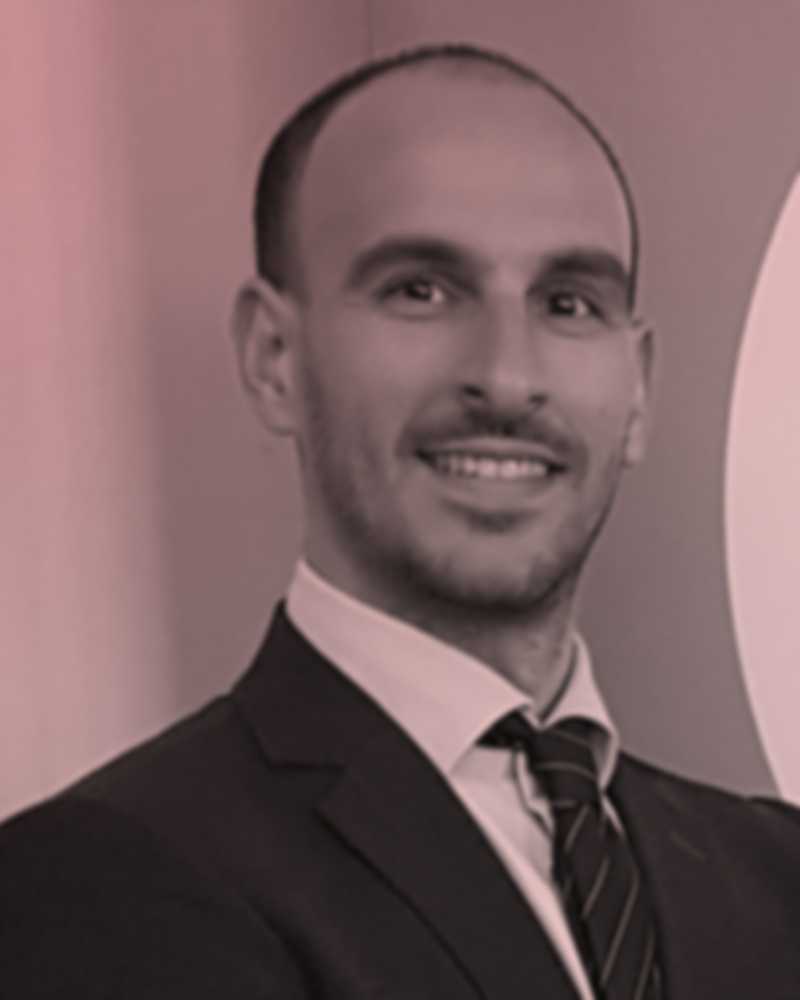
Pasquale Salza
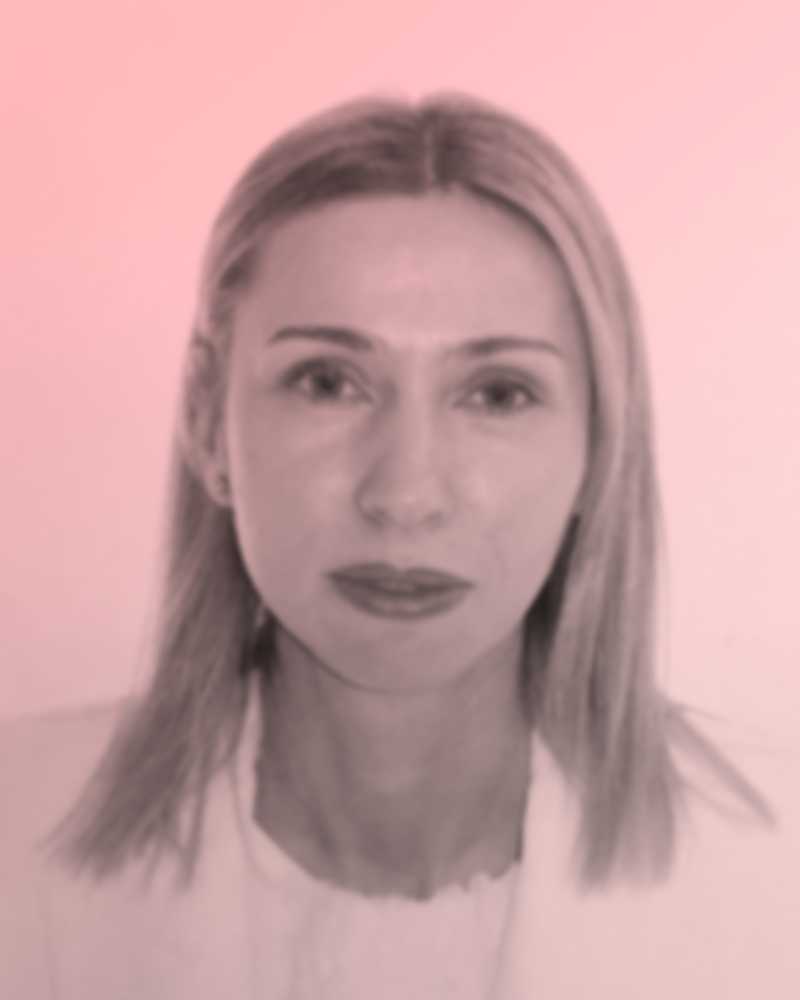
Pilar Gonzalez
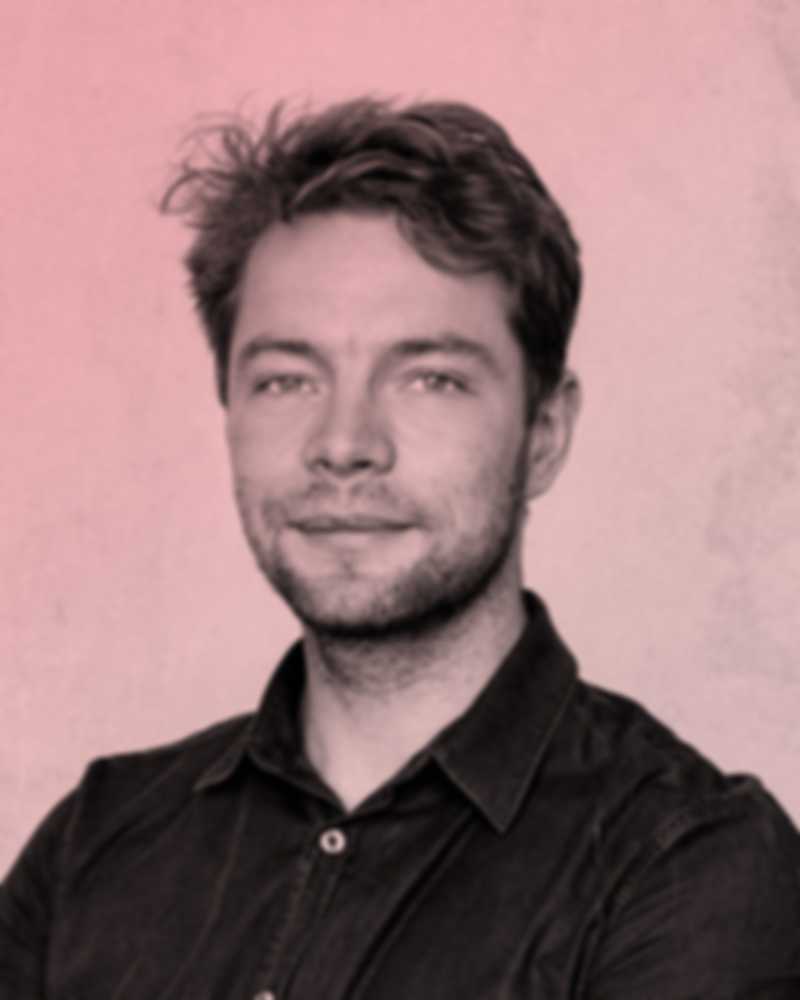
Nick de la Forge
Do you have any questions about the Challenge? Write to us at challenge@sprind.org.
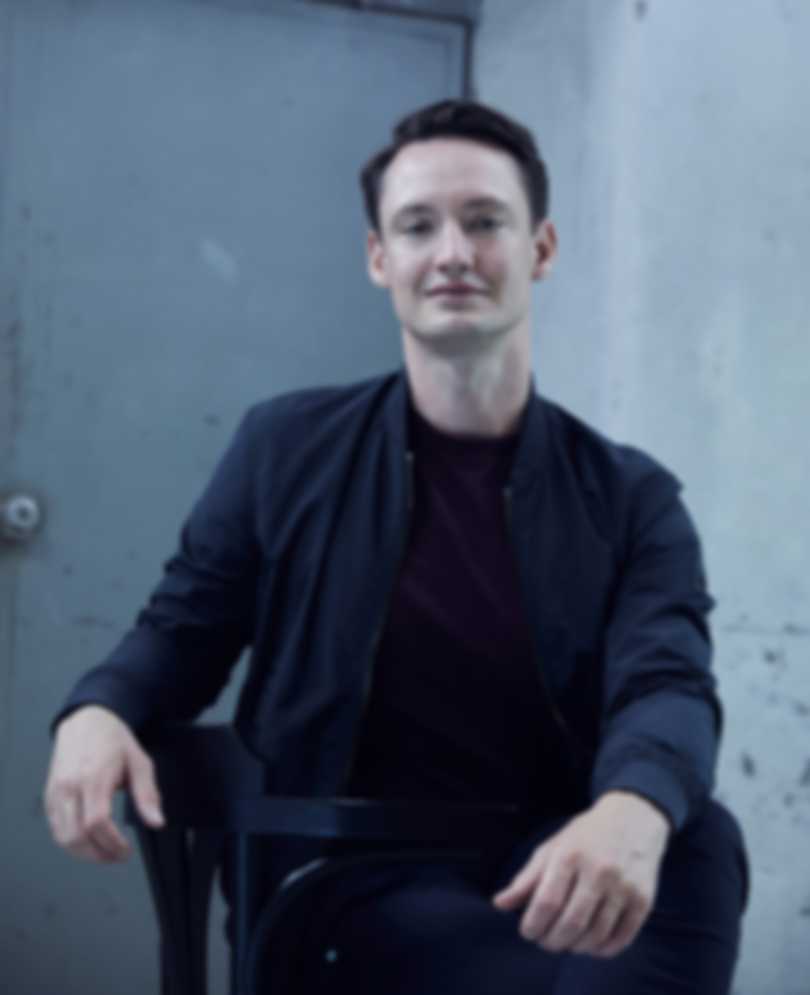
More Challenges and Funken
